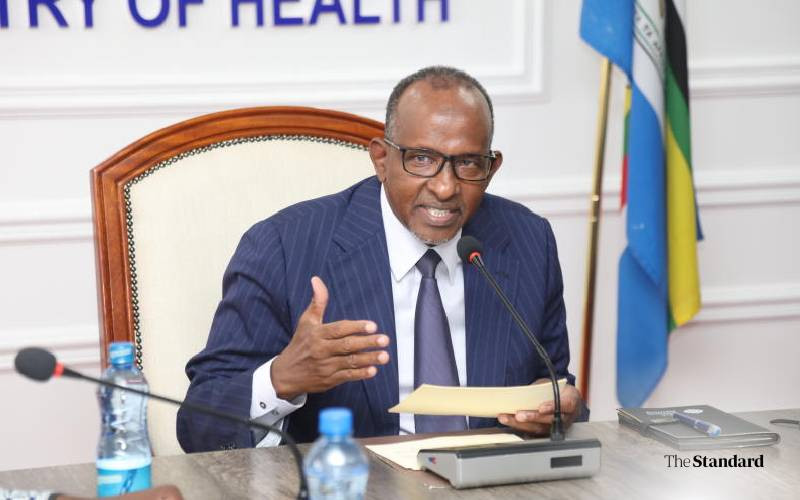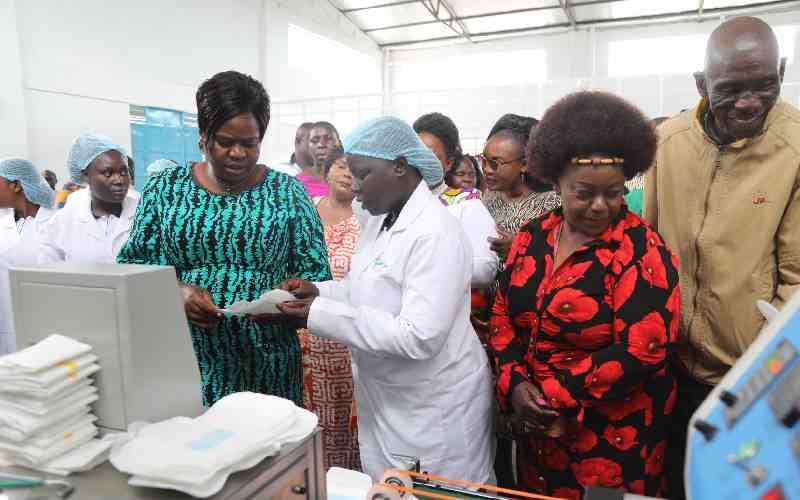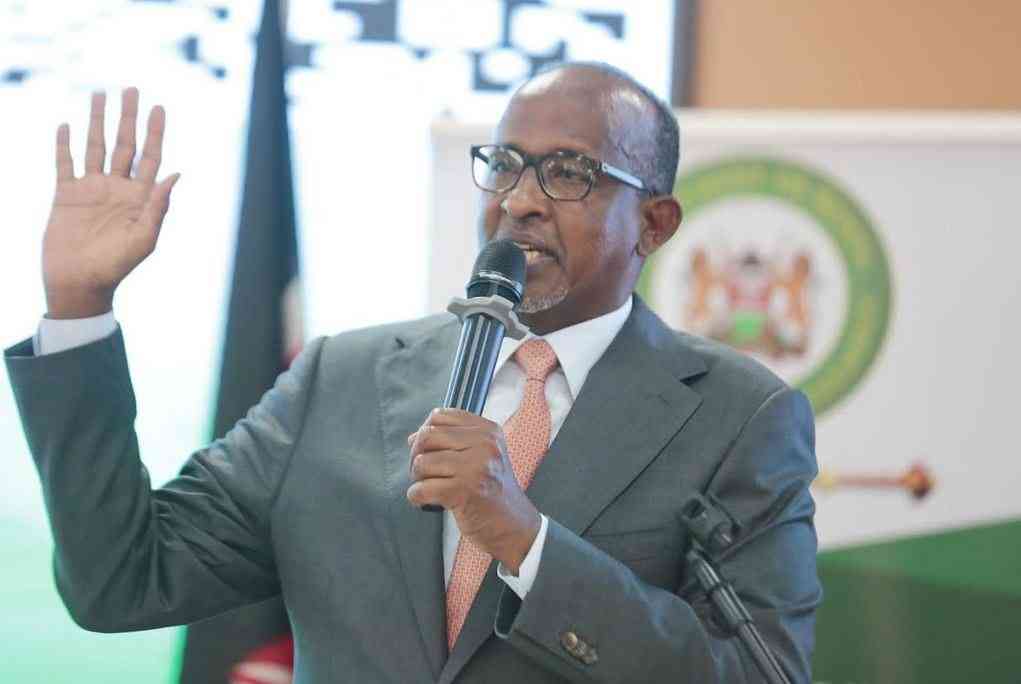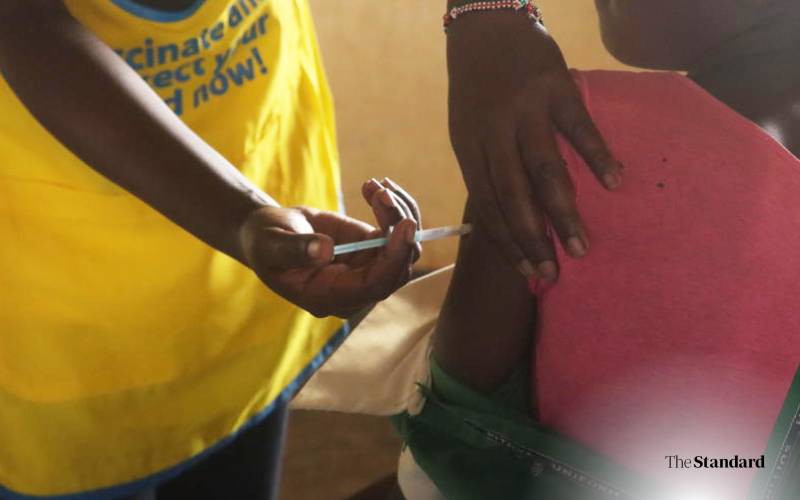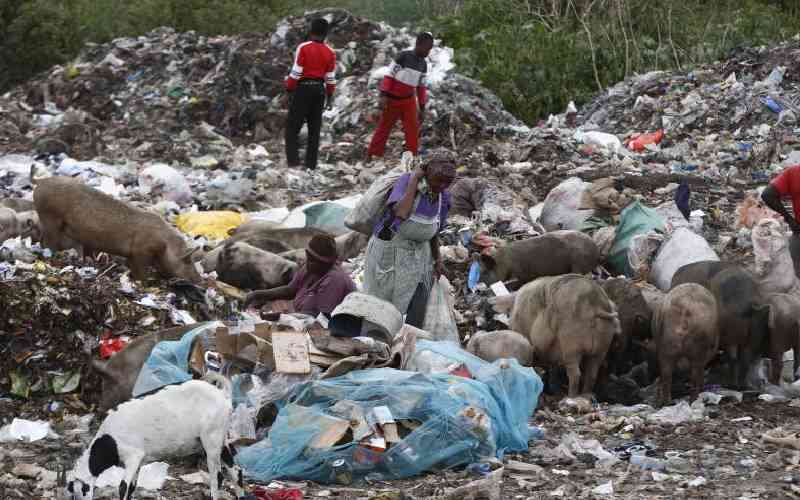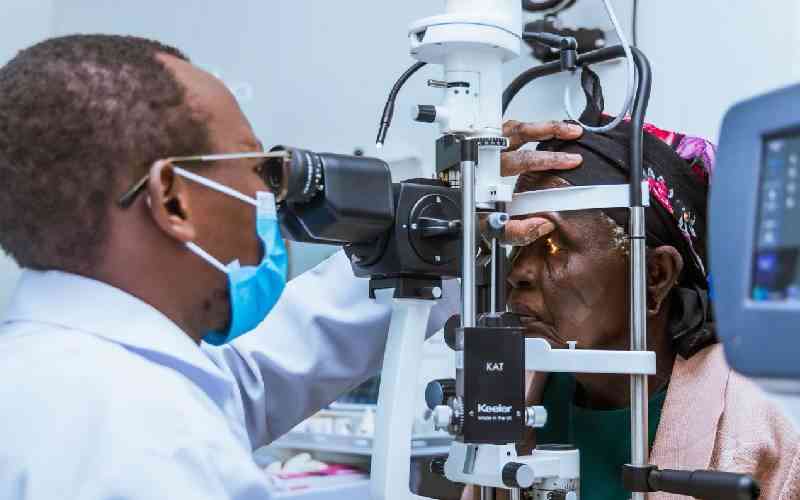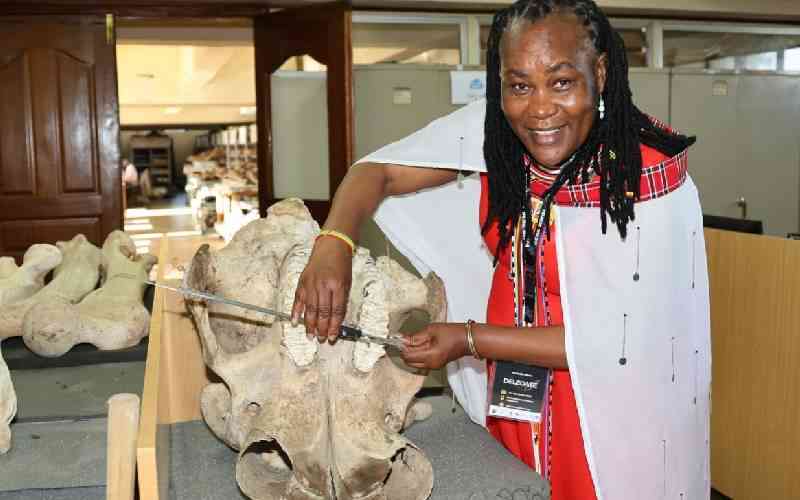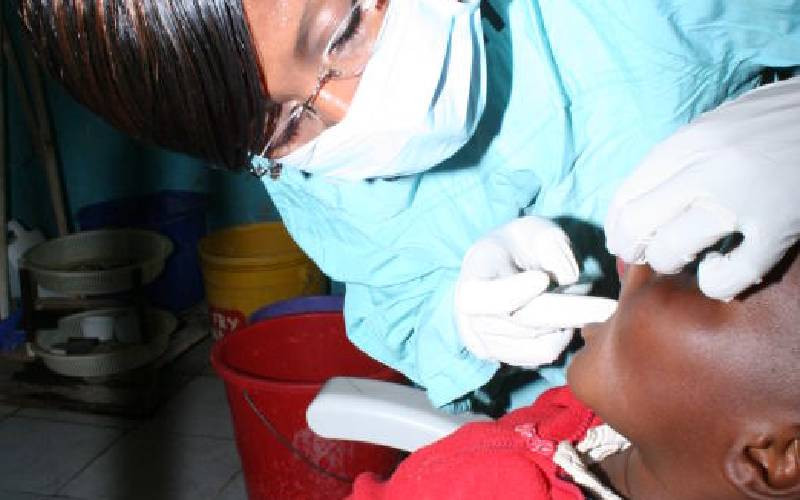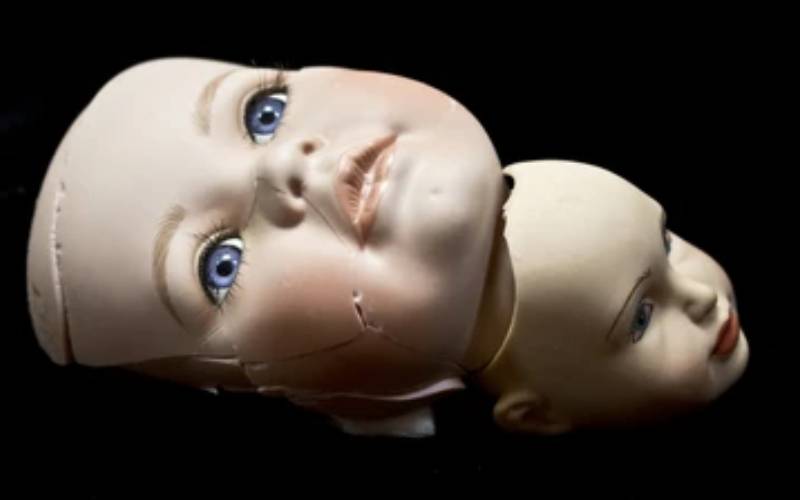
Unlike in Kiambu where abortion is mostly carried out by single mothers, in Nyanza it is perpetrated by mothers in troubled marriages. [Courtesy]
A mobile money operator in Kakamega County wanted to abort a baby boy she had with her father-who has since been sentenced to 20 years’ imprisonment for incest.
“I loved to breastfeed the boy,” she recalls, “but the thought that I had him with my father pricked my conscience. Whenever the thought struck I thought of strangling him.”
 The Standard Group Plc is a multi-media organization with investments in media
platforms spanning newspaper print
operations, television, radio broadcasting, digital and online services. The
Standard Group is recognized as a
leading multi-media house in Kenya with a key influence in matters of national
and international interest.
The Standard Group Plc is a multi-media organization with investments in media
platforms spanning newspaper print
operations, television, radio broadcasting, digital and online services. The
Standard Group is recognized as a
leading multi-media house in Kenya with a key influence in matters of national
and international interest.

